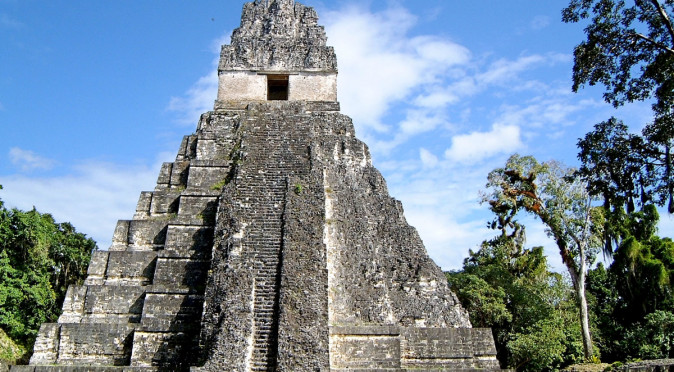
Tikal: A Brief History
Tikal was the most powerful city in the Mayan territories during the Classic Period, but its monuments might suggest that Teotihuacan was inspiration and power behind its success…

Tikal was the most powerful city in the Mayan territories during the Classic Period, but its monuments might suggest that Teotihuacan was inspiration and power behind its success…
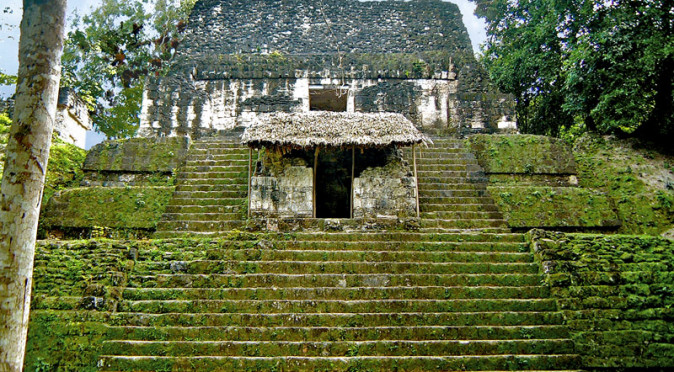
The Temple of Skulls takes its name from three stucco skulls which were added, along with a curious niche, in the early 8th century…
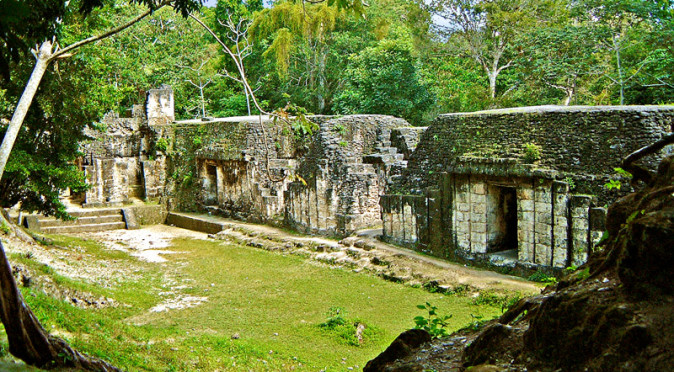
Tikal Group G is known as the Acanaladuras Palace because of its unusual pseudo-column façade and dates to the reign of Jasaw Chan K’awiil, c.734AD.
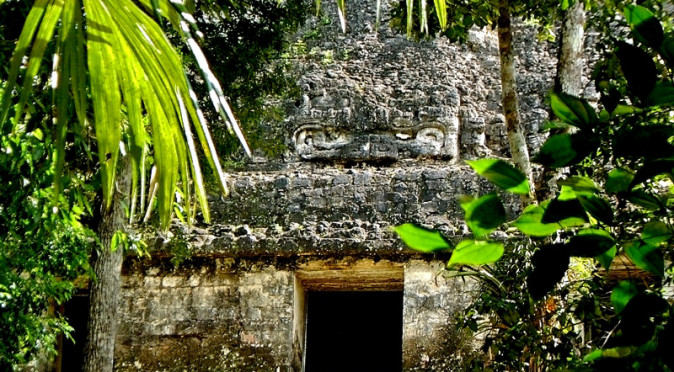
Templo VI is known as the Temple of Inscriptions because of a series of events listed on its roof comb, dating back to 1143BC…
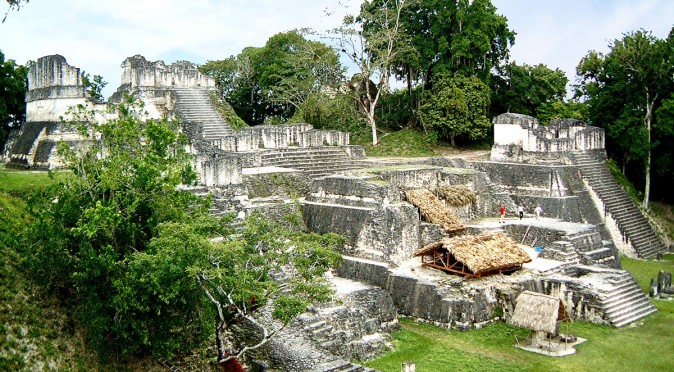
Temple 5D-33 was controversially ripped down in the ’60s, but revealed an early structure that may link it to Teotihuacan…
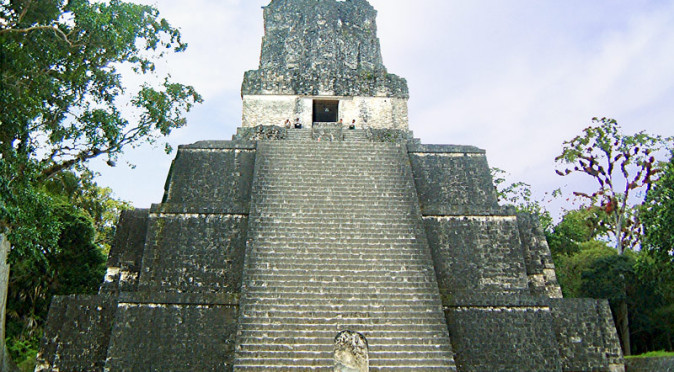
Templo II is known as the Temple of the Masks due to a pair of masks which flank the stairway, but it is actually a mausoleum for King Jasaw Chan K’awiil I’s wife.
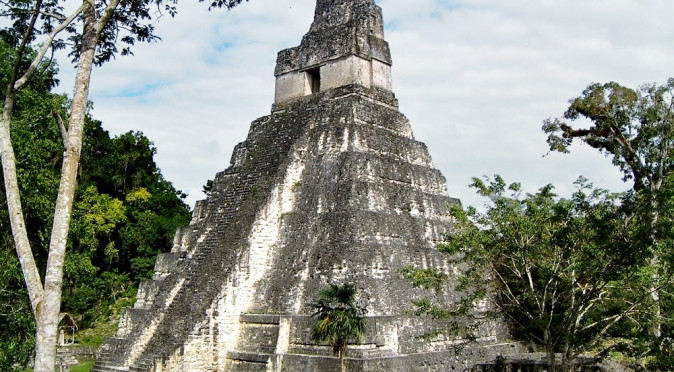
Templo I is the resting place of one of Tikal’s greatest rulers,Jasaw Chan K’awiil I, who defeated their arch-rivals, Calakmul, and brought Tikal back to prominence…
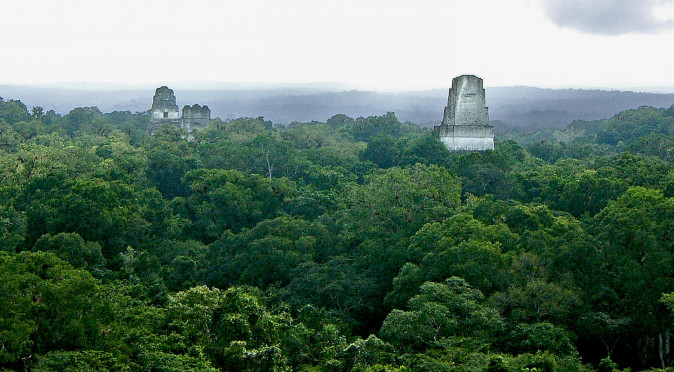
Hidden in the rainforests of Guatemala, Tikal was once at the heart of the Mayan Civilisation. Today it is a magical destination for both its natural environment and amazing ruins.
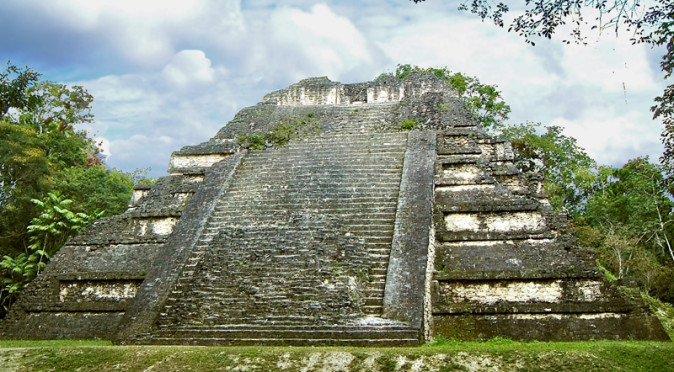
Structure 5D-47 stands out due to its talud-tablero style of construction – a style that belongs at Teotihuacan, 1000 miles away…
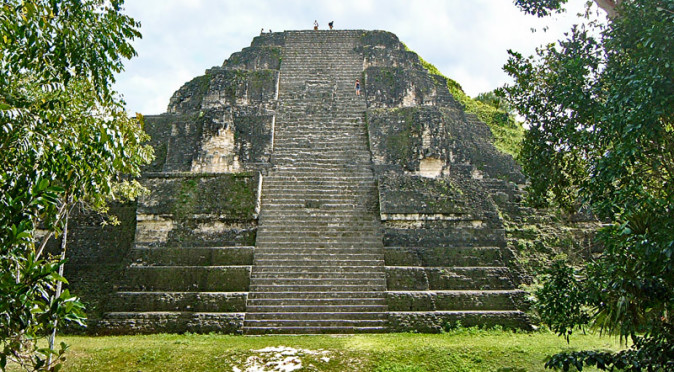
The Great Pyramid is one of the tallest and oldest structures at Tikal and sits at the heart of the Mundo Perdido complex…